Test Bank For Discovering Psychology 7th Edition By Hockenbury
| 1. | As you are taking this test right now, you are aware of your thoughts, sensations, memories, and different aspects of the surrounding environment. Collectively, this awareness is referred to as: | |
| A) | dissociation. | |
| B) | consciousness. | |
| C) | hypnagogic perception. | |
| D) | delta brain wave activity. | |
| 2. | It was the famous American psychologist named _____ who described consciousness as being like a river or a stream. | |
| A) | William James | |
| B) | Ernest Hilgard | |
| C) | J. Allan Hobson | |
| D) | Sigmund Freud | |
| 3. | Which of the following statements best explains why consciousness has been viewed as a “”stream”” or “”river””? | |
| A) | Even though the contents of consciousness are constantly changing, we subjectively experience consciousness as being continuous and unbroken. | |
| B) | Although we are aware of some of the contents of consciousness, consciousness can only be understood if you look below the “water line,” at thought processes of which we are unaware. | |
| C) | Consciousness can only be understood by looking at the environmental forces that shape our conscious thoughts. | |
| D) | Consciousness can only be understood by using introspection. | |
| 4. | Consciousness allows us to: | |
| A) | sleep peacefully at night. | |
| B) | avoid unpleasant memories. | |
| C) | integrate past, present, and future behavior. | |
| D) | cope with recurring anxiety and stress. | |
| 5. | _____ is the capacity to selectively focus senses and awareness on particular stimuli or aspects of the environment. | |
| A) | Consciousness | |
| B) | Attention | |
| C) | Awareness | |
| D) | Rehearsal | |
| 6. | Attention is: | |
| A) | your immediate awareness of thoughts, sensations, memories, and the world around you. | |
| B) | the capacity to selectively focus senses and awareness on particular stimuli or aspects of the environment. | |
| C) | a technique that involves mentally repeating a mantra. | |
| D) | an altered state of consciousness defined by a heightened state of suggestibility. | |
| 7. | Because attention is limited in capacity, we tend to: | |
| A) | focus on information that is most relevant to our immediate or long-term goals. | |
| B) | always hear our name mentioned at a party. | |
| C) | be easily hypnotized. | |
| D) | get overwhelmed by all the sights, sounds, and other sensations in the external environment. | |
| 8. | Dr. Castro is at a faculty party and is attentively listening to Dr. Chavez talk about her latest research on selective attention when he suddenly becomes aware of someone else mentioning his name on the other side of the room. This phenomenon experienced by Dr. Castro is known as: | |
| A) | inattentional blindness. | |
| B) | change blindness. | |
| C) | the cocktail party effect. | |
| D) | mindfulness. | |
| 9. | According to the information presented in the text, which of the following statements is TRUE? | |
| A) | Although nonhuman animals have numerous daily and seasonal circadian rhythms, humans only have circadian rhythms for the sleep/wake cycle and mental alertness. | |
| B) | Under normal conditions, each of our circadian rhythms operates on a set schedule that does not vary over the course of each day. | |
| C) | There are over 100 bodily processes that systematically vary over the course of each day. | |
| D) | Exposure to environmental time cues is not necessary for people to stay entrained to a precise 24-hour schedule of circadian rhythms. | |
| 10. | If you are like most people, you experience daily fluctuations in many bodily processes, such as blood pressure, the secretion of hormones, and so on. These daily variations in biological and psychological processes are called: | |
| A) | circadian rhythms. | |
| B) | delta brain wave activity. | |
| C) | REM rebound effects. | |
| D) | free running conditions. | |


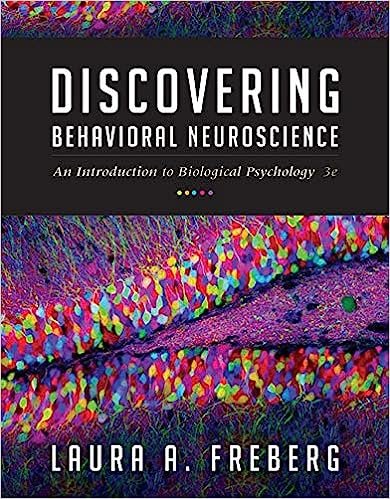


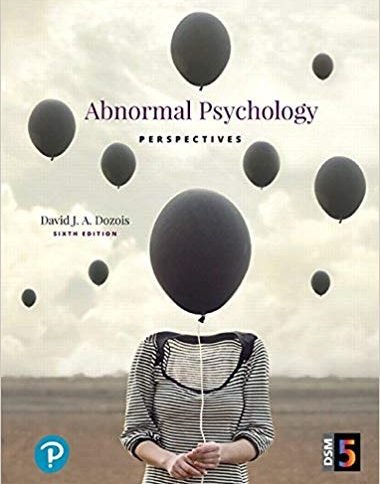
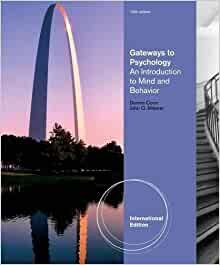


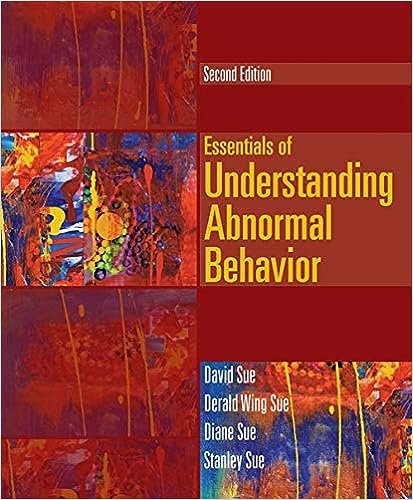

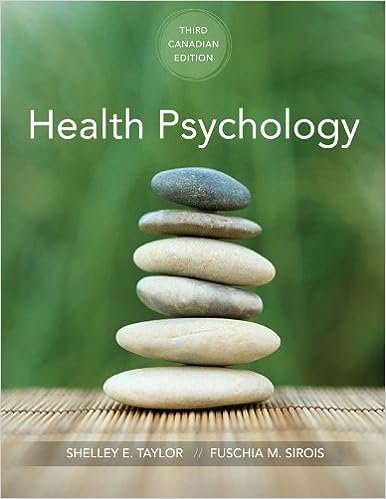
Reviews
There are no reviews yet.